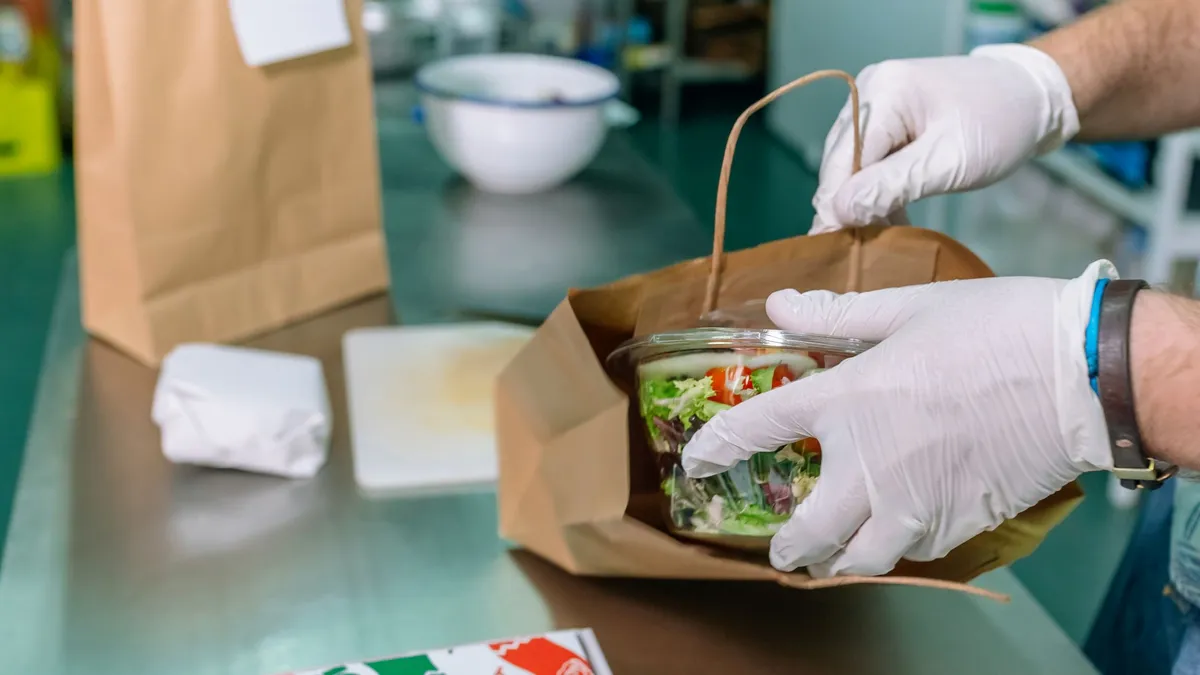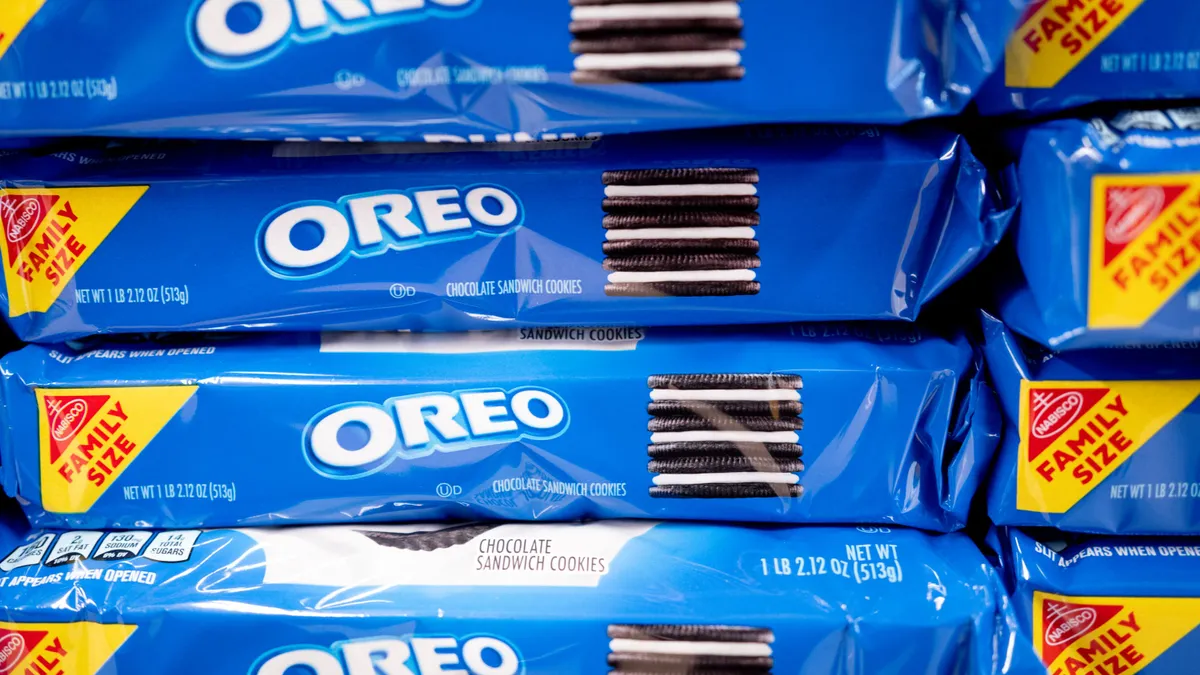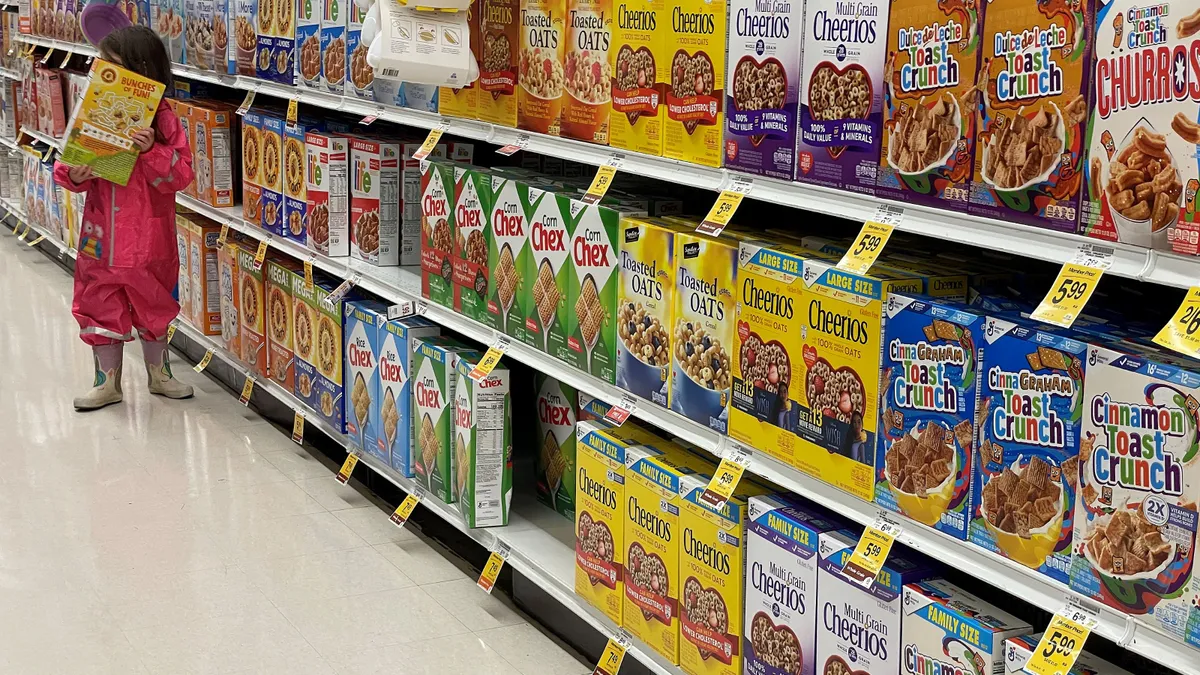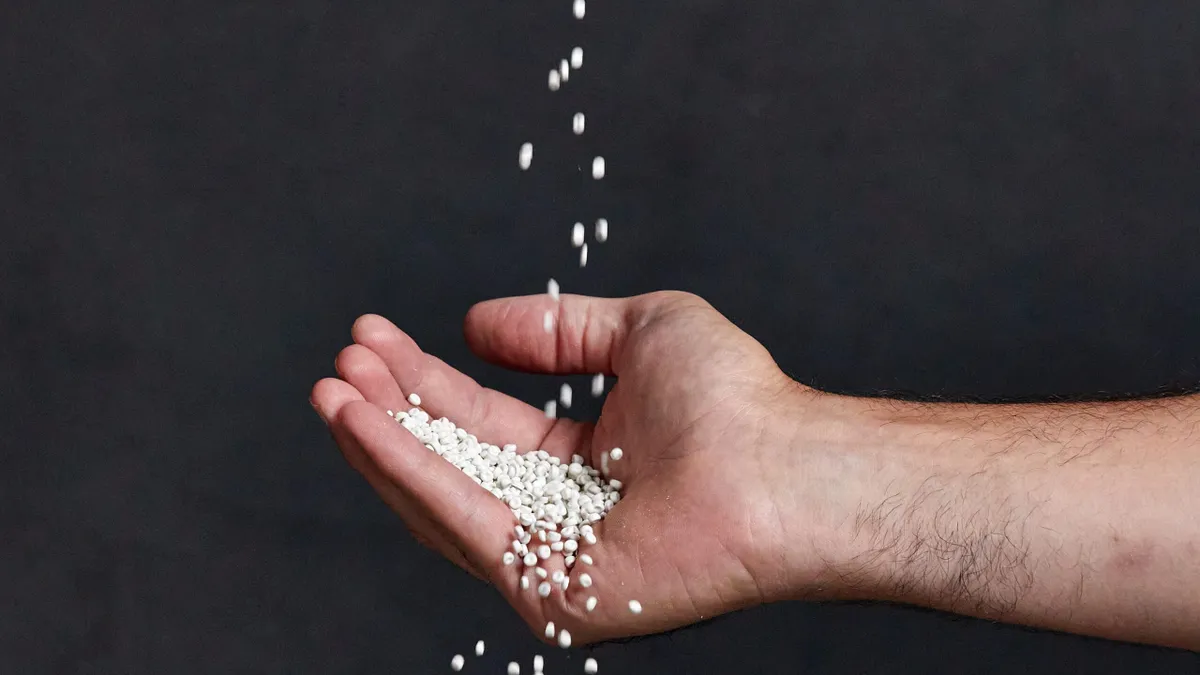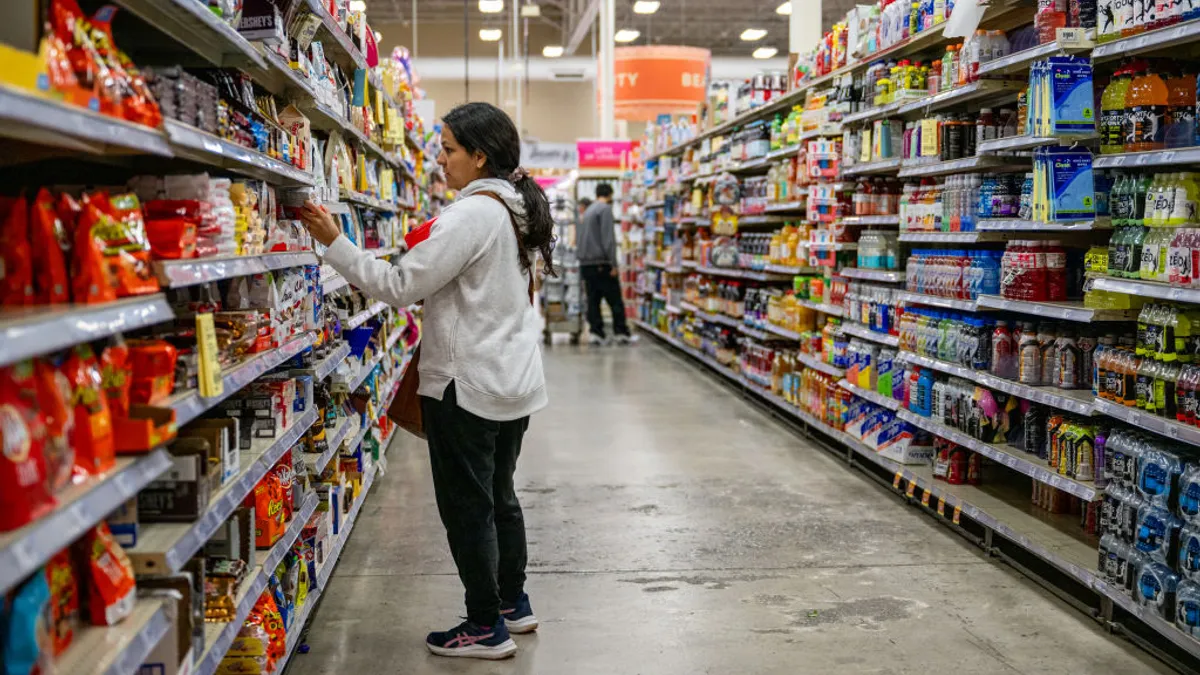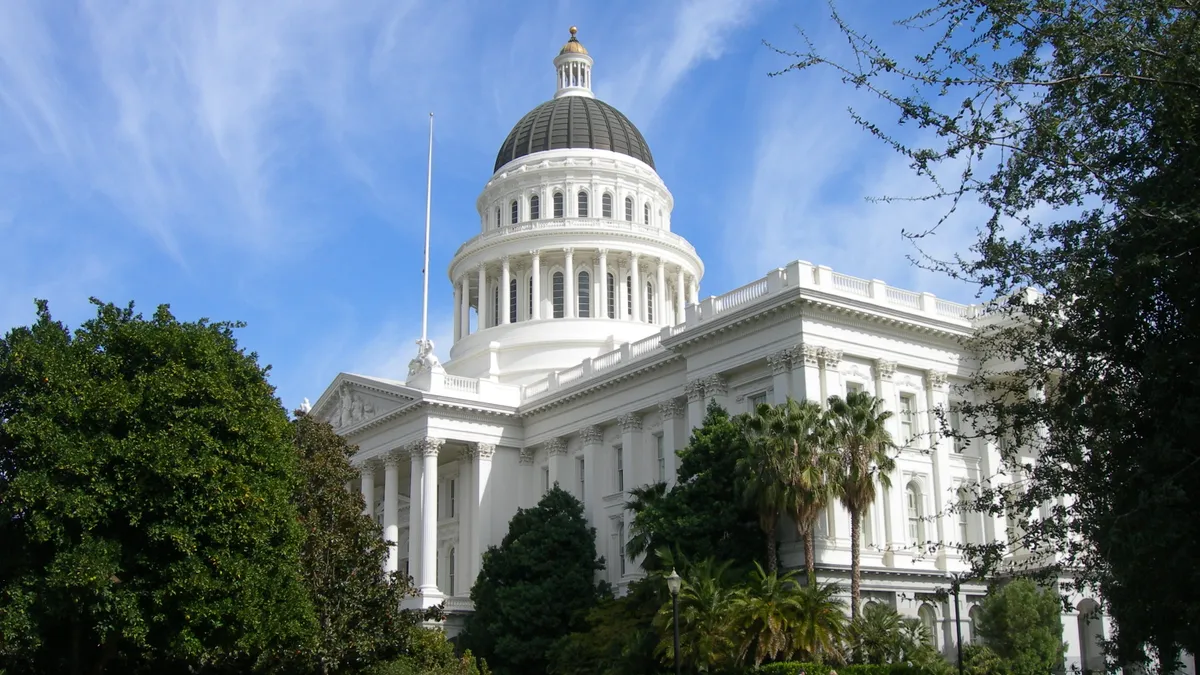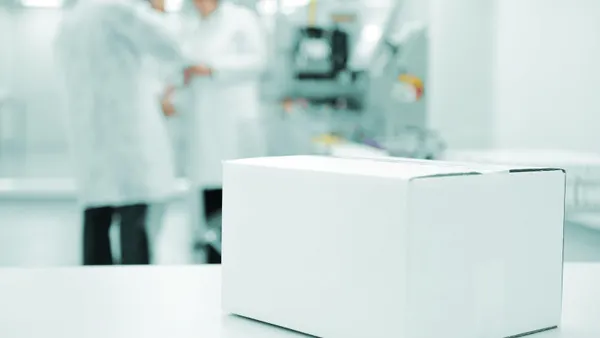Big packaging companies are reckoning with the need to be more transparent than ever before about their sustainability profiles, in part due to more attention from regulators in the U.S. and abroad.
While privately held companies won’t necessarily face all the same requirements, they’re not immune to underlying customer and consumer trends favoring sustainability efforts, explains Richa Desai, who joined the leadership team at Sabert last month as chief sustainability and strategy officer.
Sabert is a New Jersey-based company servicing customers like food distributors, caterers and grocers via facilities across the U.S., as well as in Belgium, China and Poland. Near its headquarters, it also operates the NuVida plastics recycling facility, which churns out food-contact PCR.
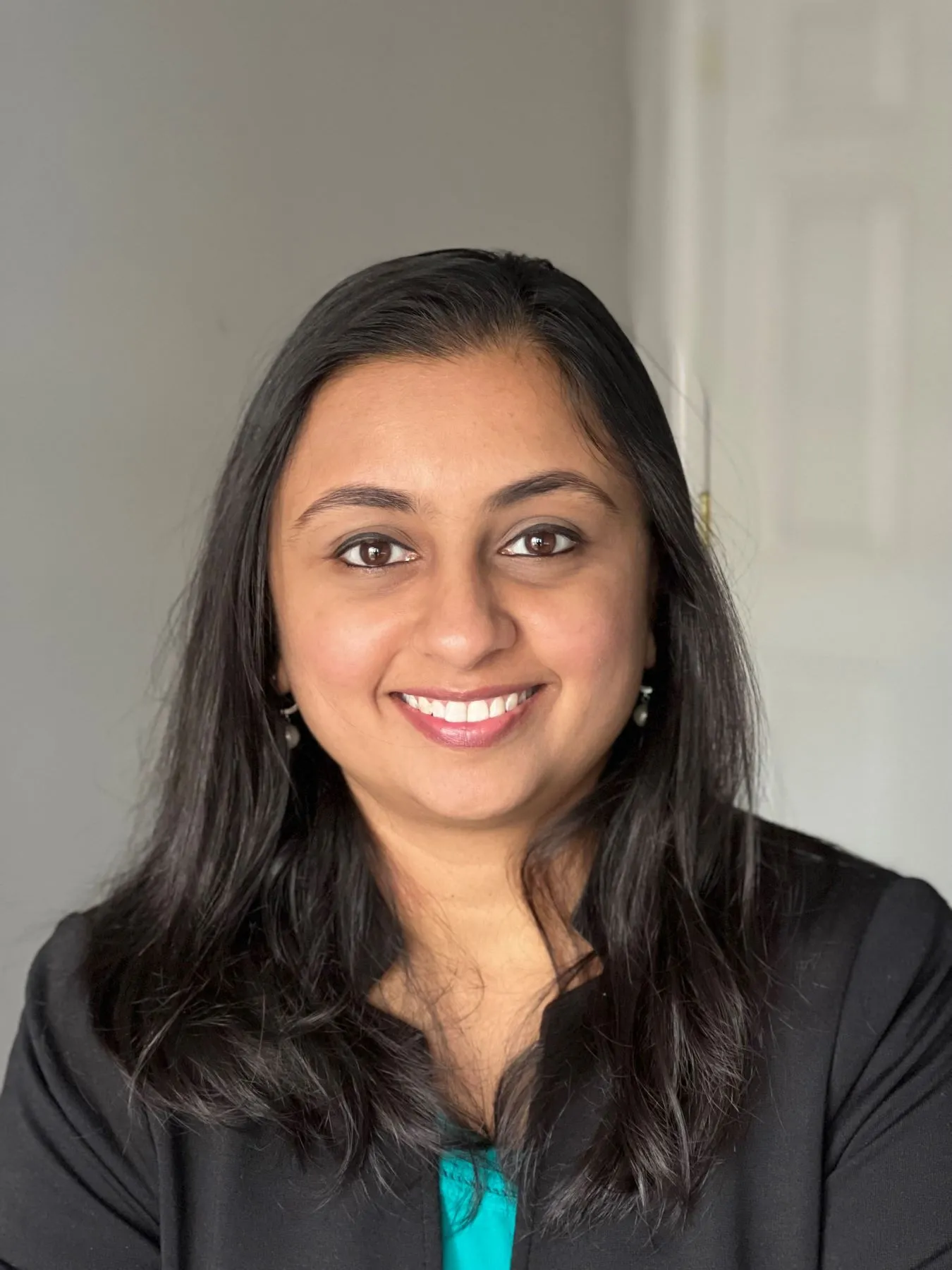
Desai is actually a Sabert alum, having built the company’s initial sustainability framework, launched the inaugural sustainability report, and started a zero waste to landfill program between 2019 and 2021. Desai then took a position at another private U.S. packaging company, Graham Packaging, between 2021 and 2024, where she focused on lowering ESG risks and working on its path to decarbonization, she said.
Sabert’s advancements in recycling practices and technology the last few years were part of what inspired her to return, Desai said. Upcoming priorities at Sabert include aligning the company’s goals with the science of climate change, embedding sustainability in roles all across the company, and elevating the sustainability attributes of its diverse product portfolio.
Packaging Dive spoke with Desai a month into her new role about what it’s like leading sustainability at a private food packaging company in today’s changing environment.
This interview has been edited for length and clarity.
PACKAGING DIVE: I know your experience in the packaging industry has been with large, but privately held, companies. How do you shape your public-facing strategy, given that you aren't necessarily beholden to investors or some of the same reporting requirements as a lot of the public companies in this industry?
RICHA DESAI: I was under the same impression that as a privately held company, you don't have to. But the customers that we work with are large publicly listed companies, most of the time.
Playing at that level of ... a company that thinks of itself as a publicly listed company really helps us differentiate and gives us that competitive advantage. In my mind, I don't think that the private companies should behave differently.
Of course, there are external pressures from investors and whatnot, which we are shielded [from]. But many times, the privately held companies also have public debt, so that also changes the equation.
Most of the companies that I've worked with in the private space like to behave as if they were publicly listed companies and hold themselves accountable to the same standards.
[Reporting demands from customers are] definitely increasing.
There’s a whole set of individual, very specific requests that come from customers, because everybody uses a different framework of information that they need. So it's just increased many-folds in the last four or five years, and I see this increasing even more, especially with the regulations that we're seeing [in packaging], whether it's EPR or PCR or labeling laws. It will all require additional reporting from suppliers to the customers so that they can have their audit trails ready for compliance.
We've recently reported on issues around sustainability communication, whether that's greenwashing, greenhushing, or consumers not really understanding what different sustainability claims mean. How do you navigate some of these challenges with customers and consumers?
I think we are all learning, and collaboration is going to be key here. Being a B2B provider, we don't control what messaging goes to the consumers, but we really work together with our customers to make sure that they have all the information that they need to claim the sustainability performance of the product that we deliver to them.
We are also engaging a lot with industry associations like [the Association of Plastic Recyclers, The Recycling Partnership and the Sustainable Packaging Coalition] so that we learn what is the latest in the industry, and then we can educate our customers and also incorporate that within our product development process.
And regulators play a key role; California's labeling law is an excellent example of how a law can help in creating awareness. Or even EPR [policies]; hopefully when they play out, they will achieve the objective of reducing the consumer confusion.
You're in an environment where regulation is changing. There's also a global plastics treaty being negotiated. What is it like being a chief sustainability officer at a packaging company during a time like this, when you don't exactly know where those regulations are going to land?
It is definitely challenging, extremely challenging. But I also see them as opportunities for Sabert, for the industry as a whole.
Regulations like these, yes they create challenges, they create complexities. But I feel that they also create a level playing field so that a company is not penalized for doing the right thing. I think they're important for driving innovation. And they're really pushing the entire packaging industry to rethink how we design, how we produce and manage the packaging waste. And I truly feel that Sabert is really well positioned to lead in this transition, because we have this diverse product portfolio; we've always focused on sustainability.
We take great pride in our innovation. We have been doing recycled content, we have our recycling facility. We focused on the right things at the right time, proactively, which has led us to be [in the leading position] during all of the complexities and uncertainties that we are in today.
Your title is actually chief sustainability and strategy officer. What does that say about how sustainability is woven into the company's overall strategy?
My approach is that sustainability and business growth [are not mutually exclusive]. They go hand in hand.
Customers and consumers are increasingly demanding more sustainable products, and the regulations that we talked about are pushing companies to act. My approach is to embed sustainability into the overall strategy so that it's not treated as a separate goal, but as a driver of our business success. This includes everything from product innovation, to operational efficiency, to every aspect of the business to ensure that every function contributes to both growth and sustainability. So I definitely see them embedded, and that's why I feel that sustainability and strategy should be together. It's the only way; it’s the key driver for growth.
What else excites you in food packaging currently?
Packaging in itself is at such an interesting [juncture] right now because it's facing the pressures of climate change, like [all companies are]. Packaging specifically is also facing the waste issue, and food packaging in particular plays such an important role in reducing food waste and improving the convenience, extending the product shelf life. ... Being at Sabert, we can lead the charge in driving the industry toward a circular economy and mitigating the waste problem.





